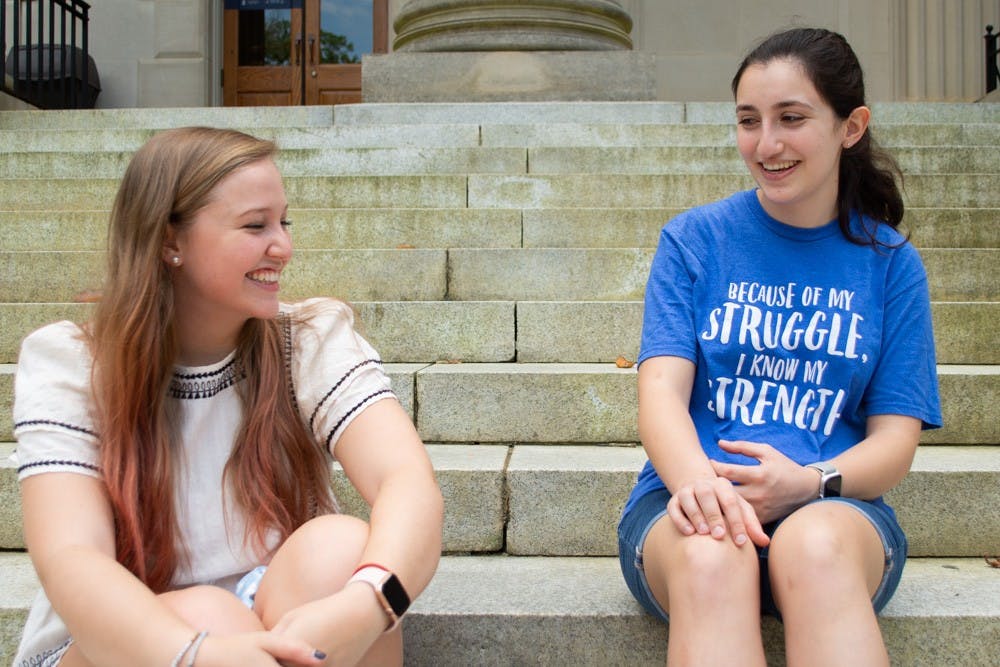What started as an idea from a Facebook group led two sophomores to form a new organization at the University: the OCD Support Group at UNC.
In the summer of 2020, Maya Tadross came across a national Facebook page for people to discuss their experiences with obsessive-compulsive disorder, or OCD. She soon discovered that a group like that did not exist at UNC, and was inspired to start one.
That's when she was connected with fellow student Abigail Earley, who became interested in forming a support group because of the limited resources for students with OCD.
“We’re not professionals, so we were like, ‘What’s the next best thing?’ And that would be a support group where we can help people get the resources they do need," Earley said.
In the midst of the COVID-19 pandemic, Tadross said people with OCD related to contamination have faced additional challenges, making it even more important for a support group to be formed.
“I’ve heard from some people who said they never used to experience obsessions around contamination before and the pandemic sparked that new theme in their OCD,” she said. “Also, for some people who are predisposed to OCD, the pandemic was the stressor that triggered full-blown OCD, so that’s been pretty difficult for people.”
With these motivations in mind, the two started an online group in August and began holding small meetings and educational sessions. By December, they had a listserv, started a Facebook group and were recognized as an official organization by the University.
Today, the group holds weekly meetings over Zoom to have discussion sessions, play games, socialize and host educational speakers. Earley said the group has approximately 30 members and widely diverse membership.
“It ranges from people who have just been diagnosed for a few months to people who have been diagnosed for many years,” she said. “And then there are some people who are afraid to talk about it and have only told the group, as well as people who are completely open about it, so it’s a really wide range.”



